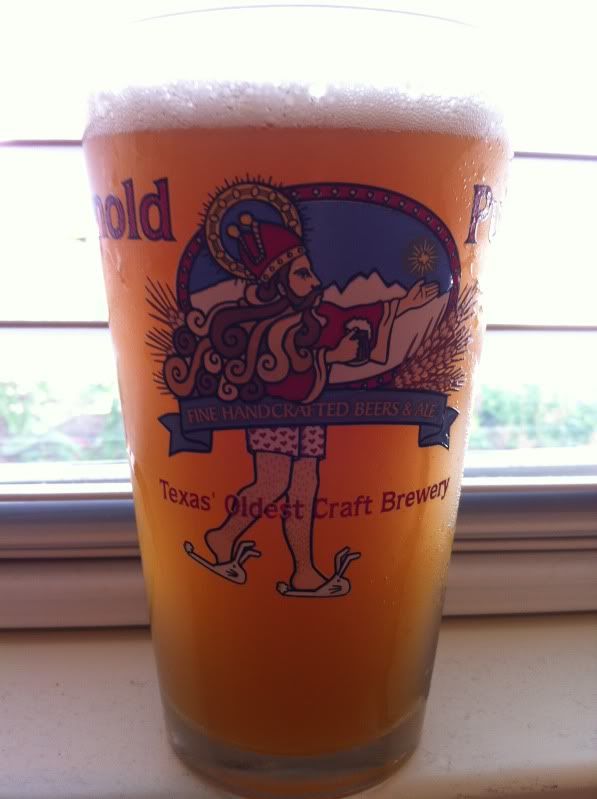I would highly recommend using the EZ Water Calculator, if you aren't already:
http://www.google.com/url?sa=t&rct=...w_ognpNWppQnHECbA&sig2=hppmw6yXjzWZimqDBaW4LQ
I would recommend bumping up your Mg to between 10-20 ppm. It can be important for yeast metabolism, apparently acting as a co-factor in some yeast fermentation reaction.
Usually to get the ppm you want you need to treat all of your water the same.. myself, I usually add the salts to the mash, and then to the boil (usually you're adding more to the boil, depends on what you're using to calculate salt additions). My beers haven't suffered as a consequence of this approach.
If you are really concerned about your sparge water, get a pH meter and see what your runoff pH is. It should be below 5.8 to avoid tannin extraction, but I've heard a little higher is fine (somewhere around 6).
I think you'll be fine with RO water to sparge, personally.. my tap water is soft, but the pH is a little above 7 (something like 7.4). When I made this beer, I didn't treat it (and generally I don't, other than to add Ca, Mg, and adjust the Cl:SO4) and I ended up winning third in the wheat category at a local competition. Now, your water's residual alkalinity will affect how the mash will resist changes to pH - I can't remember what mine is, but I believe it's such that the high pH of my tap water doesn't affect the mash pH too drastically. Neither I nor anyone else has detected harsh tannins in my beer, so I don't worry about it.
To each his own.. but unless you know what you're doing with your water (which isn't too hard with some understanding), sometimes it's best to leave it alone and RDWHAHB.








![Craft A Brew - Safale S-04 Dry Yeast - Fermentis - English Ale Dry Yeast - For English and American Ales and Hard Apple Ciders - Ingredients for Home Brewing - Beer Making Supplies - [1 Pack]](https://m.media-amazon.com/images/I/41fVGNh6JfL._SL500_.jpg)



















































